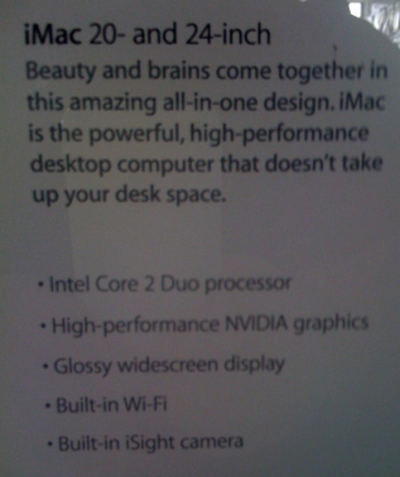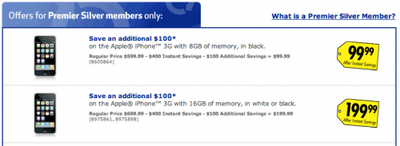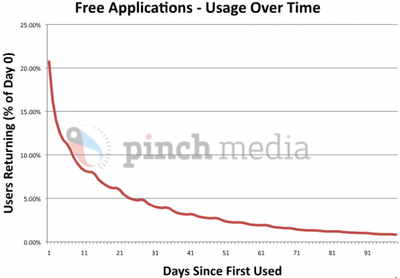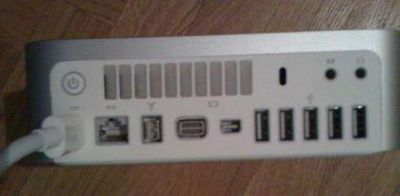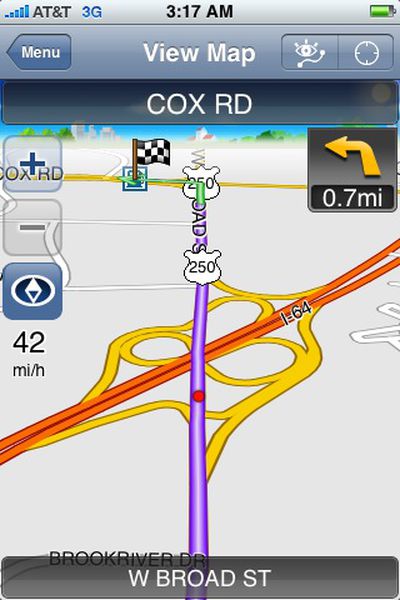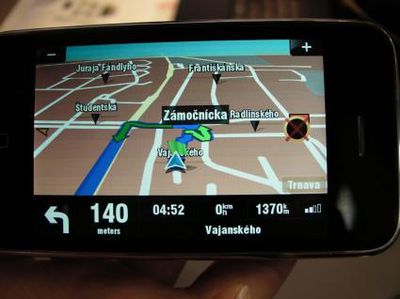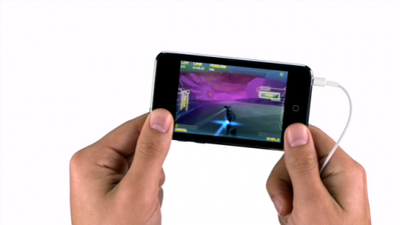Startup company doubleTwist has launched a public beta of their new universal media application for the Mac today. Their vision for the product is "a single, streamlined interface that connects to any device, media source or network." In many ways, they seem to have taken some cues from Apple's iTunes and iLife suite but are taking it to the next level in both functionality and ease of use.
Readers will remember that doubleTwist was co-founded by Jon Lech Johansen ("DVD Jon"). DVD Jon gained notoriety for his involvement in releasing the DeCSS software that allowed the bypassing of DVD copy protection back in 1999. Since 2007, however, he has been working on this venture capital funded project. The product was briefly released as a Windows application in early 2008 but has since evolved into today's more mainstream product.
The Mac application allows you to browse your photos, music and movies from a single interface. It also allows you to share your media to your contacts, doubleTwist friends, or seamlessly export to Flickr, YouTube or Facebook. Most notably, the application is said to support hundreds of devices including the Android, Blackberry, PSP and more. Dragging music, photos or video to and from these attached devices will seamlessly convert the media to the appropriate formats. The iPhone and iPod are not presently supported in the Mac version but support is coming in a future update. Other demo videos also available: Send Video, Device Support
The beta Mac application is available as a free download at doubleTwist (Intel Mac and Leopard required). The Windows remains in private beta but is expected for final release in March.


